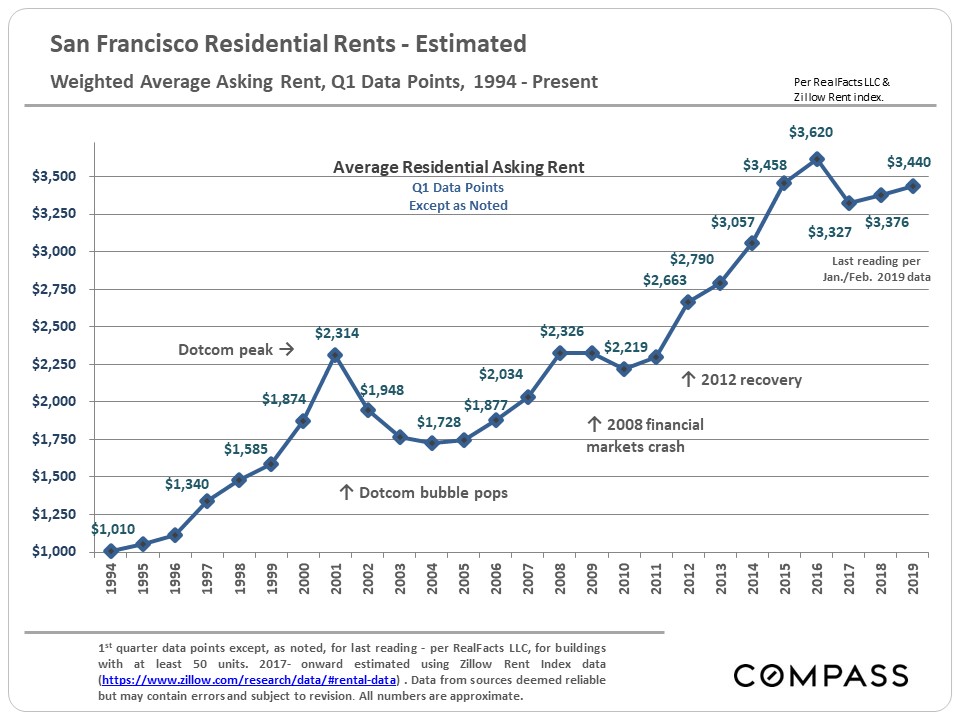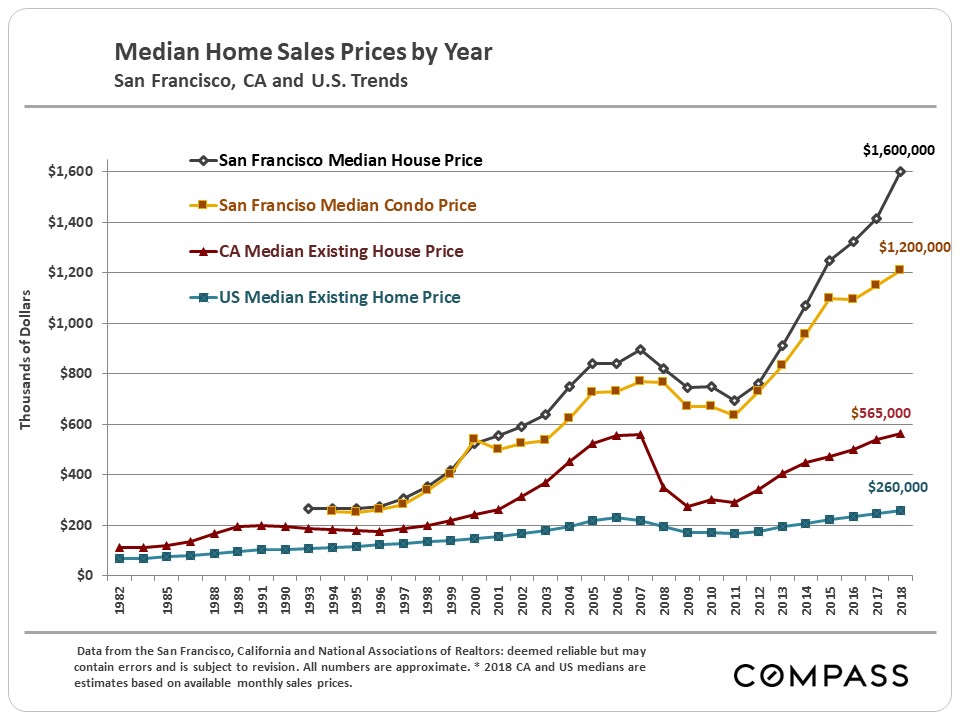
True Story
As told by the San Francisco Chronicle, The Velasquez family has tried their best to survive through the pandemic of both Covid-19 and homelessness. Almost a year ago, Sandra Velasquez was hospitalized due to her autoimmune disorder flaring up. This led to her family being evicted from their apartment in SF because she missed too many paychecks from her restaurant cashier job. Their current living situation is in the hotel room that the city has leased out to homeless families who need a private space because of vulnerabilities to the coronavirus. Velasquez states, “Sometimes it’s hard, but you can’t really show it. You have to be strong for the kids. And most of the time, I really appreciate that I’m getting more time with them than I’ve had in many years.” Her plan is to stay as long as the city will let her, hope her job gets reinstated, and get a new apartment.




